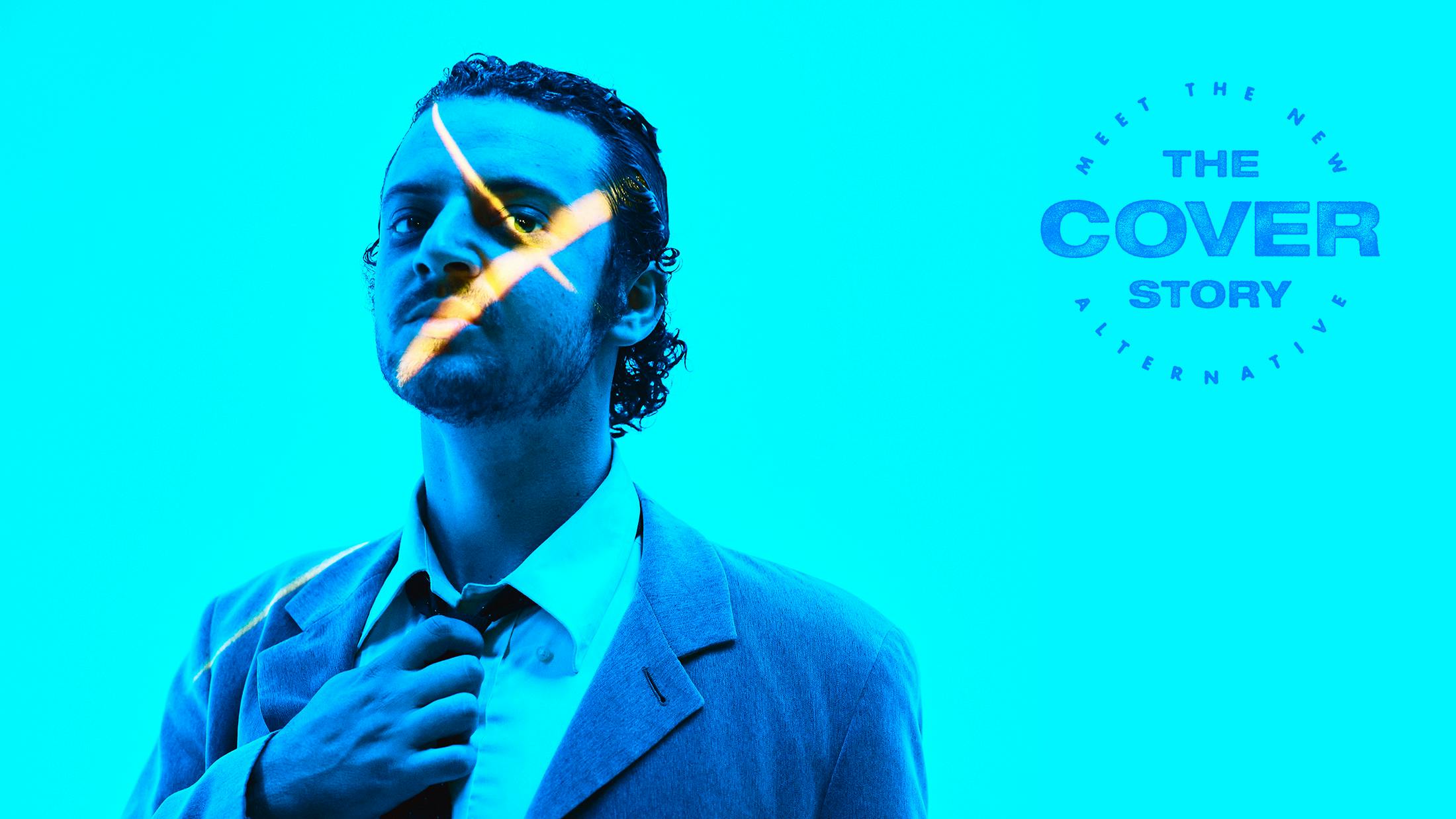If you wanted an uncertain album that sounds like it was forged in the fires of 2020, it might be Death Of An Optimist.
Despite his chirpy constitution – displaying YouTuber pluckiness in front of a podcasting mic with his curly hair poking out neatly from his Adidas cap – Jordan’s tired. “I know so many people in the spaces of activism or community building any sort of resistance to the status quo, and it’s a long game… a lot of people report being really burnt out and frustrated and exhausted,” he says. Change has been painfully slow to observe. Take Greta Thunberg, for example, who has been working on her student striking campaign now for well over two years. Despite the awareness and support for Black Lives Matter swelling this year, the movement formed back in 2013.
In black and queer activist spaces, “social justice burnout” is a familiar reality. As a younger generation comes of age in 2020, activism fatigue is an important issue to highlight. This year, unfortunately, is the beginning of a long and arduous decade for society, for the economy and for the planet. As an artist, grandson wants rock fans to know that political artists and activists also get burnt out, and they too wonder if it’s “even for anything”.
Jordan already had this crisis while touring in the past couple of years. He felt hypocritical performing his most popular track, Blood // Water, a triumphant story of karmic retribution and change being within reach (“How am I gonna keep fucking doing this? I don’t even know if I believe in what I’m fucking selling them right now”).
So, Death Of An Optimist exists on a “spectrum of hope”. It’s dualistic in mood, swinging one way then the other, just as at odds as the sonic splicing of rock, hip-hop and electronic music. It’s explicit about the issues we face (on Soundcloud rap-leaning track Identity, they’re listed as “mass confusion / air pollution / compromised foreign contribution”). This spectrum is in part presented as a fictional fight between grandson and a new alter ego character, a fractured, doubting side to the musician.
